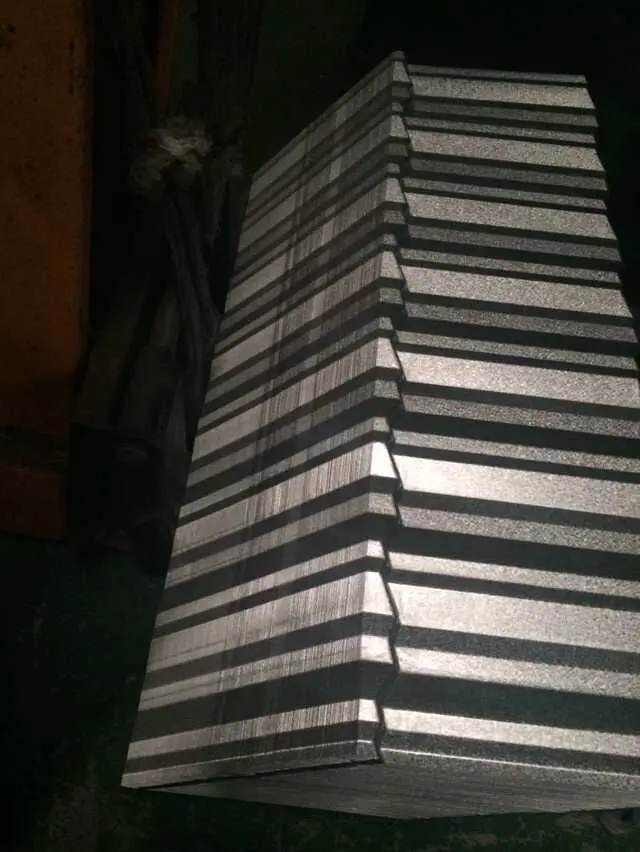
Understanding the Keel Roll Forming Machine An Essential Tool in Modern Manufacturing
In the world of modern manufacturing, the keel roll forming machine has emerged as an indispensable piece of equipment, particularly in the production of structural components used in various industries. This machine is designed to create steel keels, which are essential for constructing frames in buildings, vehicles, and other essential structures. In this article, we will explore the functionality, benefits, and applications of the keel roll forming machine, shedding light on why it is a vital asset for manufacturers.
What is a Keel Roll Forming Machine?
A keel roll forming machine is a specialized manufacturing device that shapes metal sheets into desired profiles through a series of rollers. The process involves feeding flat metal strips, usually made of steel, into the machine where they undergo various stages of bending and forming. The result is a keel profile, which has several features including strength, durability, and the ability to support other structures.
The machine operates by employing a series of rollers, which are aligned in such a way that they progressively bend the metal strip into the desired shape. Each set of rollers performs a specific function in this process, ensuring that the final product meets precise specifications.
Key Advantages of the Keel Roll Forming Machine
1. Efficiency and Speed One of the most significant advantages of using a keel roll forming machine is its efficiency. These machines are capable of producing large quantities of keels in a short period, making them ideal for high-volume manufacturing scenarios. The automation of the forming process reduces labor costs and human error, resulting in a faster production cycle.
2. Precision The keel roll forming machine is renowned for its high precision in creating uniform profiles. This is crucial in applications where exact dimensions are necessary for structural integrity. The machine can be finely tuned to adjust the parameters, ensuring that the steel keels produced meet the exact specifications set by the manufacturer.
3. Material Utilization The roll forming process is highly material-efficient. Since the machine shapes the metal into the desired profile without excessive waste, it maximizes resource utilization. This not only cuts down costs for manufacturers but also promotes sustainability by reducing scrap metal production.

4. Versatility Keel roll forming machines are versatile and can be adapted to create a variety of keel profiles according to different industry requirements. This flexibility allows manufacturers to cater to a wide range of applications, from construction to automotive manufacturing.
Applications of Keel Roll Forming Machines
The versatility and efficiency of keel roll forming machines have led to their widespread use across multiple sectors
- Construction In the construction industry, keel profiles are often used in the framework of buildings, bridges, and other structures. These keels provide essential support, ensuring stability and durability in construction projects.
- Automotive The automotive industry utilizes keel roll forming machines to produce components for vehicle frames. The strength of the steel keels plays a crucial role in ensuring vehicle safety and performance.
- Manufacturing Various manufacturing industries, including furniture and industrial equipment, benefit from keel profiles for creating sturdy frameworks and supporting structures.
Conclusion
In summary, the keel roll forming machine represents a significant advancement in manufacturing technology, providing unprecedented efficiency, precision, and versatility. As industries continue to evolve and demand higher quality products at faster rates, the importance of such specialized machinery becomes increasingly evident. The keel roll forming machine is not just a tool; it is an essential component of modern manufacturing processes that drive innovation and quality in various sectors around the globe. As we look to the future, the role of keel roll forming machines will likely expand, paving the way for even more advanced manufacturing solutions.